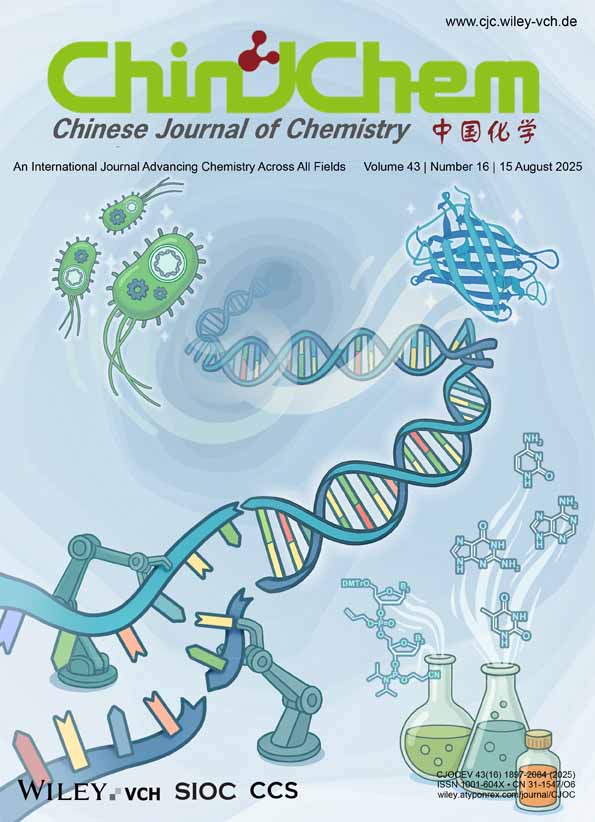Effect of Solvent and Acid-Base on Palladium (II)-catalyzed Dicarbonylation of Terminal Acetylenes: a General, Efficient and Stereoselective Synthesis of Maleic Diesters and Maleic Anhydrides
Abstract
The productions of maleic diesters and maleic anhydrides depend on the effect of solvent and acid-base in palladium-catalyzed dicarbonylation of terminal acetylenes. For primary and secondary alcohol in benzene, only maleic diesters were obtained stereospecifically from the dicarbonylation of acetylenes in the presence of PdCl2, CuCl2, and NaHCO3. For tertiary alcohols, maleic anhydrides were synthesized selectively.




